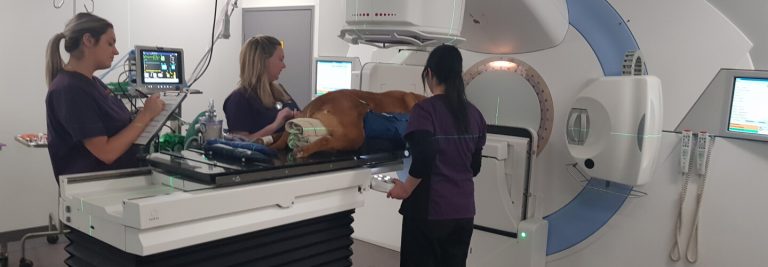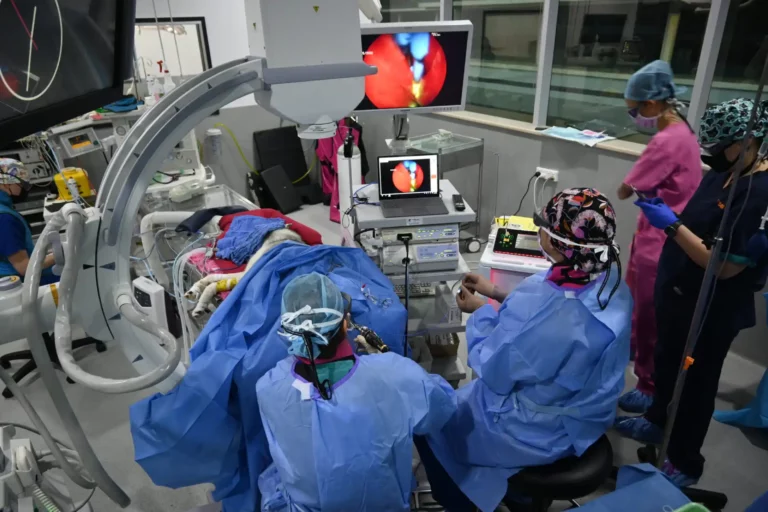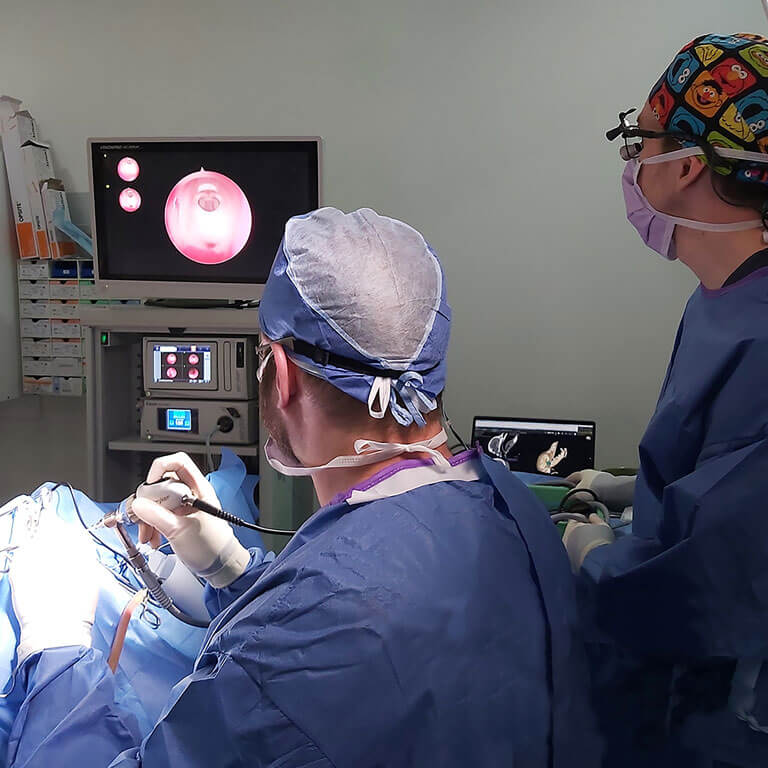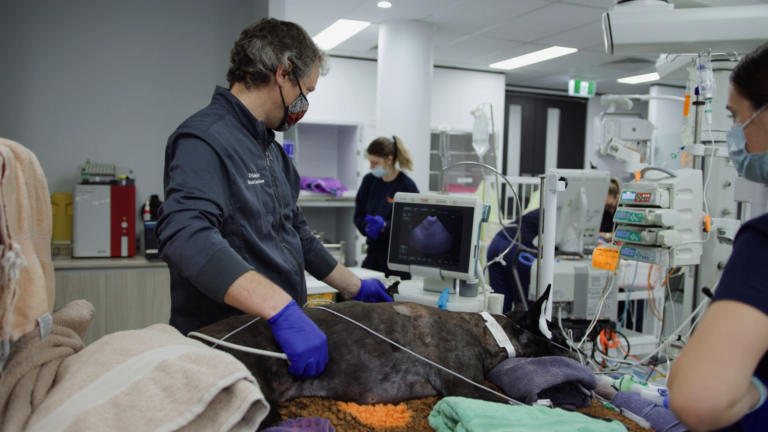Reviewed by Dr Bing Zhu (Internal Medicine Specialist)
Pancreatitis in dogs is a serious condition when the pancreas becomes inflamed. Acute pancreatitis is pancreatitis that occurs suddenly. This article will help you understand more about acute pancreatitis, its causes, diagnostics, treatments, and outcomes.
What is the pancreas?
The pancreas is an organ located in the abdomen. It has two main functions. Firstly, it regulates blood sugar through the production of hormones such as insulin. Secondly, it plays a role in digestion by producing chemicals that are responsible for digestion of food.
What causes pancreatitis in dogs?
Normally, the food digestion chemicals produced by the pancreas is inactive until it enters the small intestine, where it becomes quite caustic, allowing it to breakdown food. However, if the digestive chemicals activate while still in the pancreas, it can damage the organ, causing inflammation and pancreatitis.
There are two causative links common to pancreatitis – obesity and the consumption of high fat meals. Pancreatitis can also occur from trauma to the abdomen, arise from metabolic disease (any disease causing low oxygen or blood flow to the pancreas), or be a side effect from certain drugs. Some patients who are already prone to pancreatitis may have pancreatitis triggered by anaesthesia or surgery. However, a root cause may not always be established.
Symptoms of pancreatitis in dogs
Many symptoms of pancreatitis in dogs are related to digestion. These include vomiting, abdominal pain, loss of appetite, diarrhoea, and dehydration. Other symptoms can include depression and fever.
When severe, pancreatitis in dogs can cause a severe drop in blood pressure, leading to collapse and other problems with other organs such as the liver, kidneys, heart, lungs and blood vessels.
Diagnosing pancreatitis in dogs
The diagnosis for pancreatitis can be tricky, as many of the symptoms and test results may appear similar to other diseases. Additionally, there is no single test that tells us definitively whether a patient has pancreatitis. Sometimes multiple tests are required and interpreted together with your dog’s symptoms, including different blood tests, X-rays, and ultrasound. The most definitive way to diagnose pancreatitis is through exploratory surgery to visually see the pancreas. However, due to its invasiveness (and high risk of making the pancreatitis worse), this method is avoided where possible.
Commonly, if your local vet suspects pancreatitis, they may immediately refer you to a specialist hospital, such as SASH. Given the nature of the disease and symptoms, we often see many pancreatitis patients arrive at the SASH Emergency Department. Our experienced Emergency Veterinarians will likely then refer the case to an Internal Medicine Specialist, who are experts in diagnosing and treating complex diseases, such as pancreatitis. In very severe, immediately life-threatening cases, the patient may even be referred to a Critical Care specialist.
Treating pancreatitis in dogs
Due to the seriousness of the condition, and the complexity and intensive nature of pancreatitis treatment, patients are often hospitalised at a specialist hospital for 24/7 care. The tricky thing about pancreatitis treatment is that there is no drug that actually makes the pancreas fix itself. Treatment is all aimed at supporting the body and keeping your pet alive while the pancreas settles down and combatting any life threatening situations the pancreatitis may put your pet in.
Some patients may improve in a few days with IV fluids, anti-nausea medications, pain relief and appetite support drugs. Other patients have prolonged poor appetite and may require a feeding tube in the oesophagus (neck) or stomach to allow temporary delivery of nutrients. Some animals may develop life threatening clots or difficulty breathing.
The patient can be discharged from hospital once adequate improvements are seen (eating and drinking adequately to maintain their own hydration). However, drug treatment will likely continue at home for a period of time. Tube feeding may be required for a few weeks at home for severe cases. Strict dietary adjustments will likely also be recommended. Your vet may prescribe a commercial low fat prescription diet, designed to reduce the likelihood of recurrence.
Outcomes for pancreatitis in dogs
Pancreatitis in dogs can be life threatening. Depending on the severity of the condition, the outcome can be variable. However, odds of survival are significantly increased with care provided by specialist veterinarians.
Unfortunately, even when recovered from the first instance of the disease, it is possible for the condition to reoccur, with each instance being as serious as the first. Pancreatitis can also cause other diseases such as diabetes in dogs. For this reason, it is important for you to follow the dietary advice provided by your veterinarian, even when your dog appears to have fully recovered.
If you suspect your dog has pancreatitis, call SASH Emergency by clicking the contact button below.




